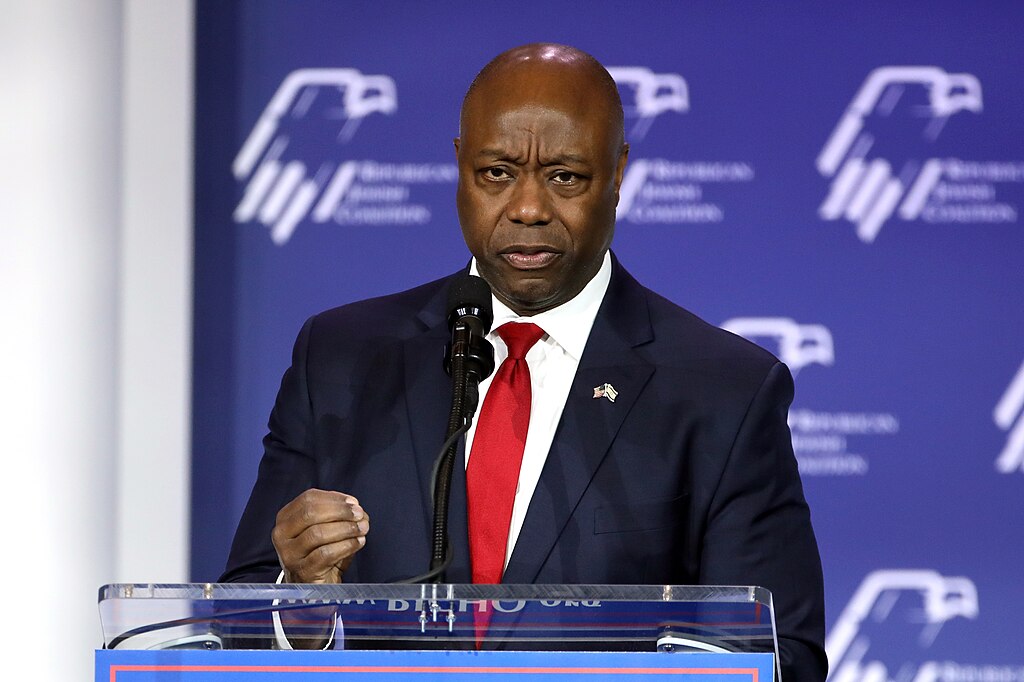The U.S. Senate’s landmark stablecoin legislation, the Guiding and Establishing National Innovation for U.S. Stablecoins (GENIUS) Act, is approaching its final floor debate. If passed, it would become the first major crypto bill to clear the Senate, signaling a breakthrough in U.S. digital asset regulation.
The GENIUS Act aims to establish a comprehensive regulatory framework for stablecoin issuers, including major players like Tether (USDT) and Circle (USDC), whose tokens are pegged to the U.S. dollar. The bill has already gained bipartisan momentum, clearing both the Senate Banking Committee and a preliminary floor vote. However, it now faces a crowded legislative agenda and a flurry of over 50 proposed amendments.
Crypto industry groups, including the Blockchain Association, DeFi Education Fund, Digital Chamber, and Crypto Council for Innovation, urged lawmakers to stay focused on the bill’s core purpose. This marks the first public policy action from new Blockchain Association CEO Summer Mersinger, former CFTC commissioner.
Some lawmakers have attempted to attach unrelated measures, such as the Credit Card Competition Act, to the GENIUS Act. Policy analysts remain skeptical about those efforts, with Capital Alpha’s Ian Katz assigning only a 10-15% chance of the credit card amendment passing. However, Katz gave the stablecoin bill a 60-65% chance of becoming law in 2025.
Even if it clears the Senate, the GENIUS Act must still pass through the House of Representatives, where lawmakers may push for their own revisions. Nonetheless, its advancement represents a critical step in establishing federal oversight for the $150 billion stablecoin market and could shape the future of digital dollar assets in the U.S.

























Comment 0